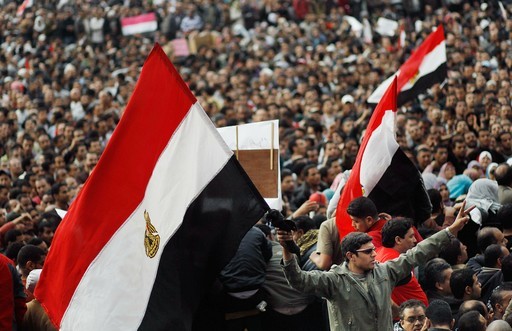Prominent Somali intellectuals and parliamentarians from sub-clans once constituting the core of the defeated Islamic Courts Union claim that old rivals are dominating the government and unwilling to share power.
Oddly, the international community tolerates this refusal and as a result, the Transitional Federal Government’s (TFG) clan-catering continues unabated. Perpetual exclusion, however, is indefensible and unsustainable, visible in the continued violence in Mogadishu. A more representative government is imperative. The ongoing national reconciliation conference in Mogadishu, offers an opportunity to make the TFG a more inclusive entity as long as all parties are participating. Pass on this opportunity, however, and one passes on making Somalia a viable state.
Attempts to make the government more encompassing face stiff opposition on both sides. Insurgents are disinclined to see potential allies seconded by TFG institutions and will do everything in their power to ensure this process fails. To obfuscate the process, tactics may include assassination or infiltration of the army and police. Conversely, TFG loyalists see inclusion as an attempt to dilute their monopoly of the government. Thus, TFG loyalists will take great pain to show that new recruits are untrustworthy partners in the war on terror.
Building a more inclusive TFG, therefore, is likely to fail unless there is a concerted force that counters the recalcitrance of both insurgent and TFG loyalist forces. In order for this to happen, Ethiopia’s help will be necessary in reigning in TFG loyalists; Addis Ababa may well be the only authority to which the TFG answers. Similarly, Somalia’s marginalized clans will need to isolate insurgents and ensure a lack support for terrorizing tactics – something they may be willing to do in exchange for an opening of the TFG monopoly.
Inclusivity will also need to be visible within the security sector. Building the capacity of a localized Somali security apparatus while simultaneously redeploying the Ethiopian army is one way of forming a more representative security force. It is more effective and efficient to recruit from within the territory needing protection and familiar faces in uniform are more likely to gain the trust of the community. By doing this, employed police become less susceptible to insurgency recruitment, local economies are strengthened by higher employment rates, troop transport costs are minimized and Ethiopian forces are out by the end of the year.
The importance of inclusive and localized political institutions must not also be forgotten in the struggle for power. Establishing democratic rule in Somalia from the ground up is essential, yet hardly a priority deemed important by the current government. Reliance on external or perceived-as-illegitimate forces to rule Somalia – i.e. Ethiopia or the TFG, respectively – is a ruinous formula given their failure to represent a vast majority of Somalis.
To prevent further conflict, the people of Somalia, and the local institutions that represent them, must be given responsibility over their communities to ensure long-term peace and stability. What that means for the short-term is allowing local leaders to be selected by locals, not imposed by the TFG. The current practice of appointment of local officials by TFG merely ensures distrust within the community and reinforces the notion that the TFG is disinterested in democracy.
For Somalia, inclusive and decentralized security and political institutions will be more effective in contributing to peace and democracy than exclusive and centralized systems. The former accommodates Somalia’s warring clans; the latter fuels them and, by implication, complicates the quest for peace.
Given the TFG’s reluctance to open its doors, therefore, local and more importantly international pressure is needed to make it more inclusive and more representative of Somalia’s myriad clans and political groups. Further tolerance of current TFG tactics will do nothing for Somalia but reinvigorate the very violence the international community is trying to prevent. So do something, and quick.
Michael Shankis a doctoral student with George Mason University’s Institute for Conflict Analysis and Resolution in Arlington, VA. Samatalis Haille is a master’s student at the institute. This commentary was published by DAILY NEWS EGYPT with their permission.


